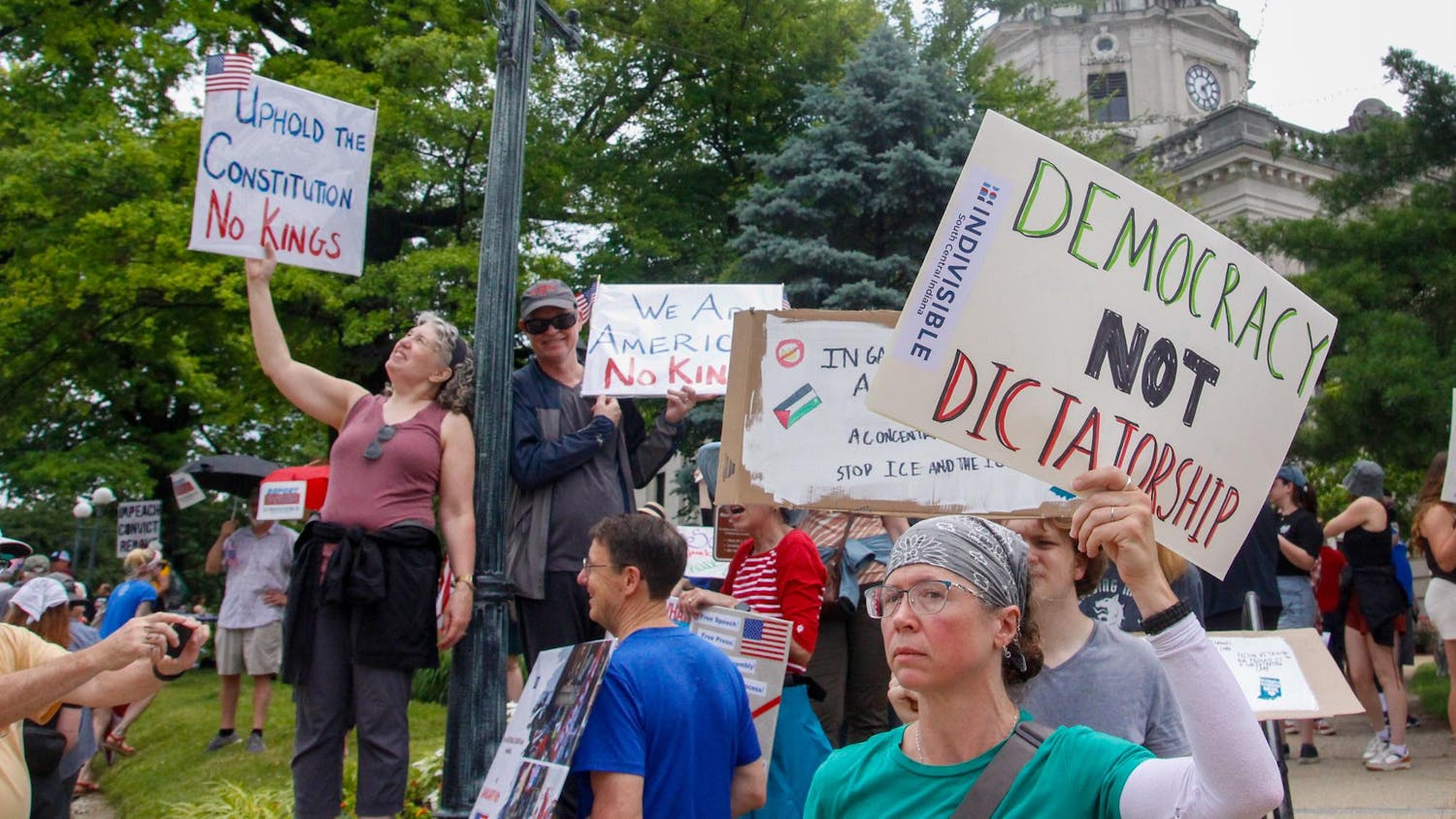KABUL, Afghanistan -- Thousands of American troops have begun a new operation to prevent militants from derailing Afghanistan's first presidential election, the top U.S. commander here said Tuesday in an interview with The Associated Press.\nLt. Gen. David Barno insisted the switch does not blur the military's focus on catching Osama bin Laden and other top fugitives. But he acknowledged he has no firm idea where the al-Qaida leader is hiding or what he might be planning.\nOperation Lightning Resolve is "kicking off as we speak," Barno said at his headquarters in the Afghan capital.\nHe said the operation contains enough "offensive punch" to keep militants off balance and could see an increase in targeted, intelligence-driven raids. He gave no specifics.\nA 2,000-member Marine force, which has hammered Taliban militants in a southern stronghold since it arrived in March, is in the process of leaving the country, Barno said.\nThe remaining force of 17,000 regular and special operations soldiers will try to fill the vacuum while intensifying its cooperation with the United Nations.\nThe world body has registered more than 7 million voters for the Oct. 9 election, seen by many war-weary Afghans as well as the United States as vital to Afghanistan's recovery.\nSix election workers are among about 600 people killed in violence this year, victims of feuding warlords, as well as rebels and soldiers -- a mix that raises fears the vote will be neither fair nor free.\nBarno said the Marines, who have killed scores of suspected militants in intensive operations since May, have helped registration to be a success.\n"Now we'll be shifting our efforts to helping to build the required security going into the election itself," Barno said. "We should expect that we have to fight to get to these elections."\nU.S. forces are expected to provide a broad security blanket across the south and east during the election, leaving Afghan police and soldiers to protect polling stations.\nNATO has also begun topping up its 6,500-strong peacekeeping force focused on Kabul and sending detachments out across the relatively peaceful north in the run-up to the vote.\nIncident-free elections would reflect well on the U.S. military and deflect criticism that it has failed to net bin Laden or Taliban leader Mullah Mohammed Omar. The military is also dealing with a widening investigation into allegations that Afghan prisoners have been abused in American jails here.\nBarno said the effort to track down top fugitives was "as robust as it's ever been." He wouldn't say whether elite troops who tracked former Iraqi dictator Saddam Hussein before his capture last December were now in Afghanistan.\nThere have been reports from Washington that bin Laden and his top aide, Ayman al-Zawahri, might be planning major new al-Qaida attacks to disrupt the upcoming U.S. elections.\nBarno said the idea that they were plotting something from a hideout near the rugged Pakistan-Afghan border was "reasonable."\nBut he said there was "zero credibility" to speculation that the military was under political pressure to deliver bin Laden before President Bush faces the electorate.\n"Those are, I think, the most difficult targets we have over here," Barno said. "Because of the lack of information we have on them, I think the inference is that they are well-protected."\nHe said U.S. intelligence-gatherers were hoping Pakistani military operations against al-Qaida suspects in a tribal region across the border would yield vital leads.\nThe U.S. military has praised Pakistan for a bloody crackdown on foreign fighters in its South Waziristan region to coincide with the last American operation, Mountain Storm, which began in March.\nA top former Taliban commander was one of about 100 suspected militants and their tribal supporters killed in Waziristan last month.\nBut Barno said rebels are still slipping across the border into southern Afghanistan, despite heavy losses in clashes with Marines and the use of humanitarian aid to try to persuade villagers to provide intelligence.\nWith little sign the Afghan government is able to reassert control in remote border areas, U.S. troop strength would remain at about 17,000 "for an extended period," Barno said.\n"A counterinsurgency strategy does not achieve success in three months or six months," he said. "These are longer-term, sustained strategies"
Military prepares for Afghan election
No intelligence on where bin Laden may be hiding
Get stories like this in your inbox
Subscribe



